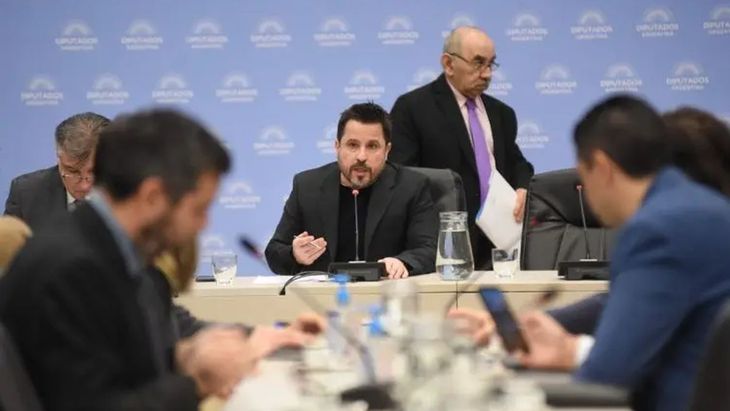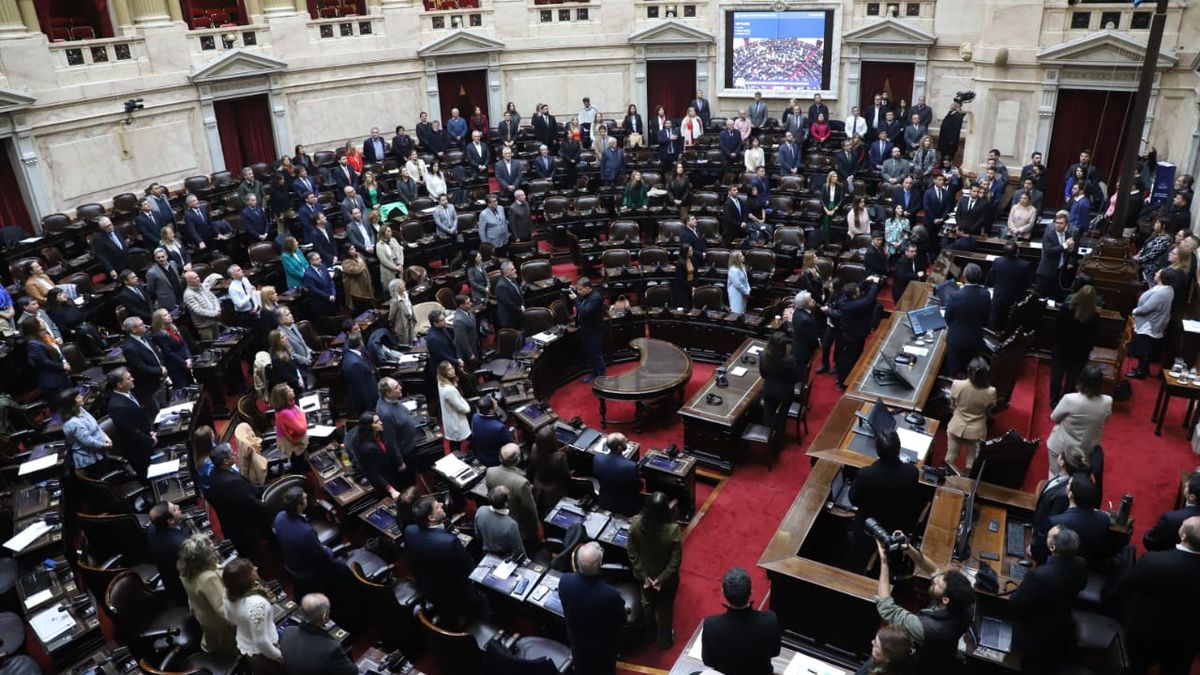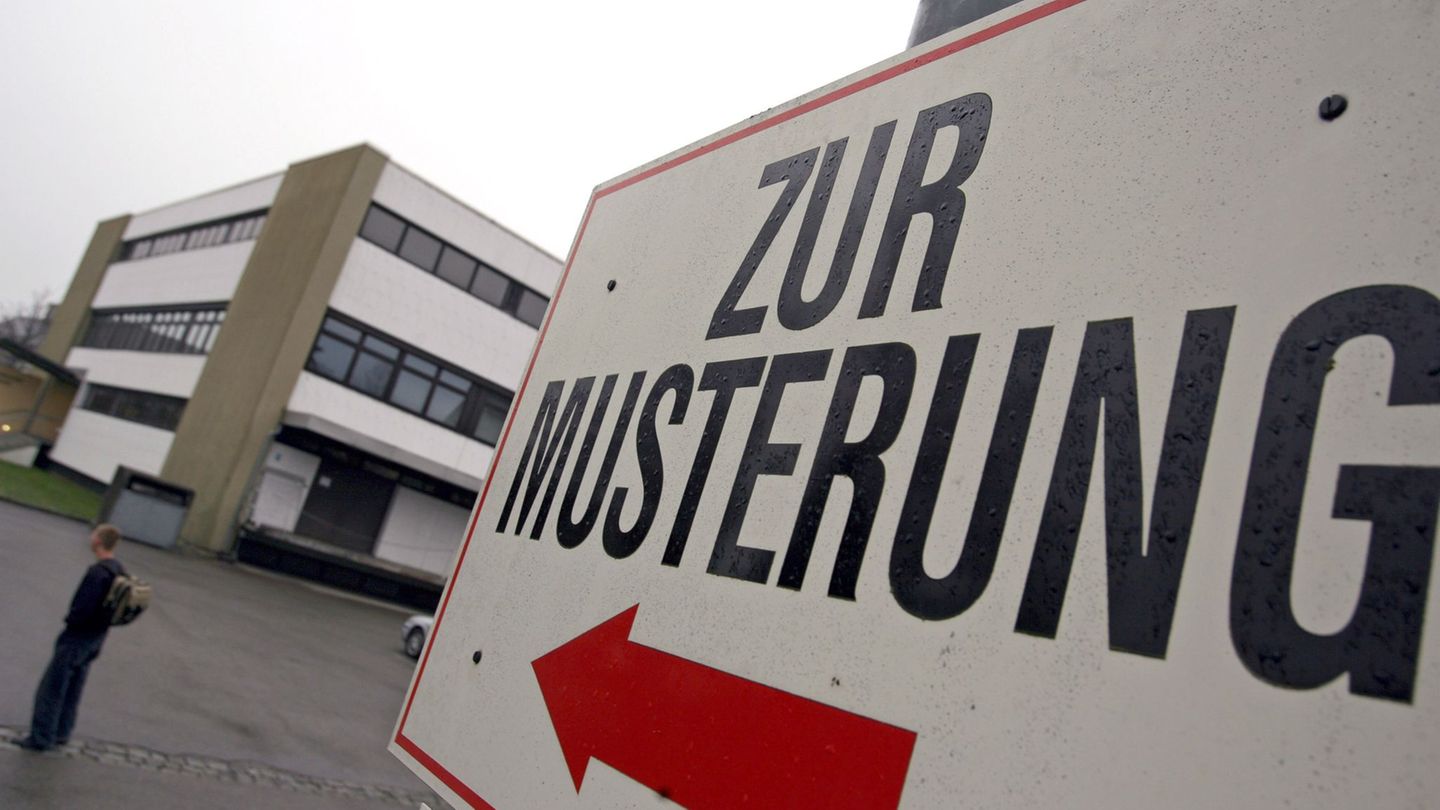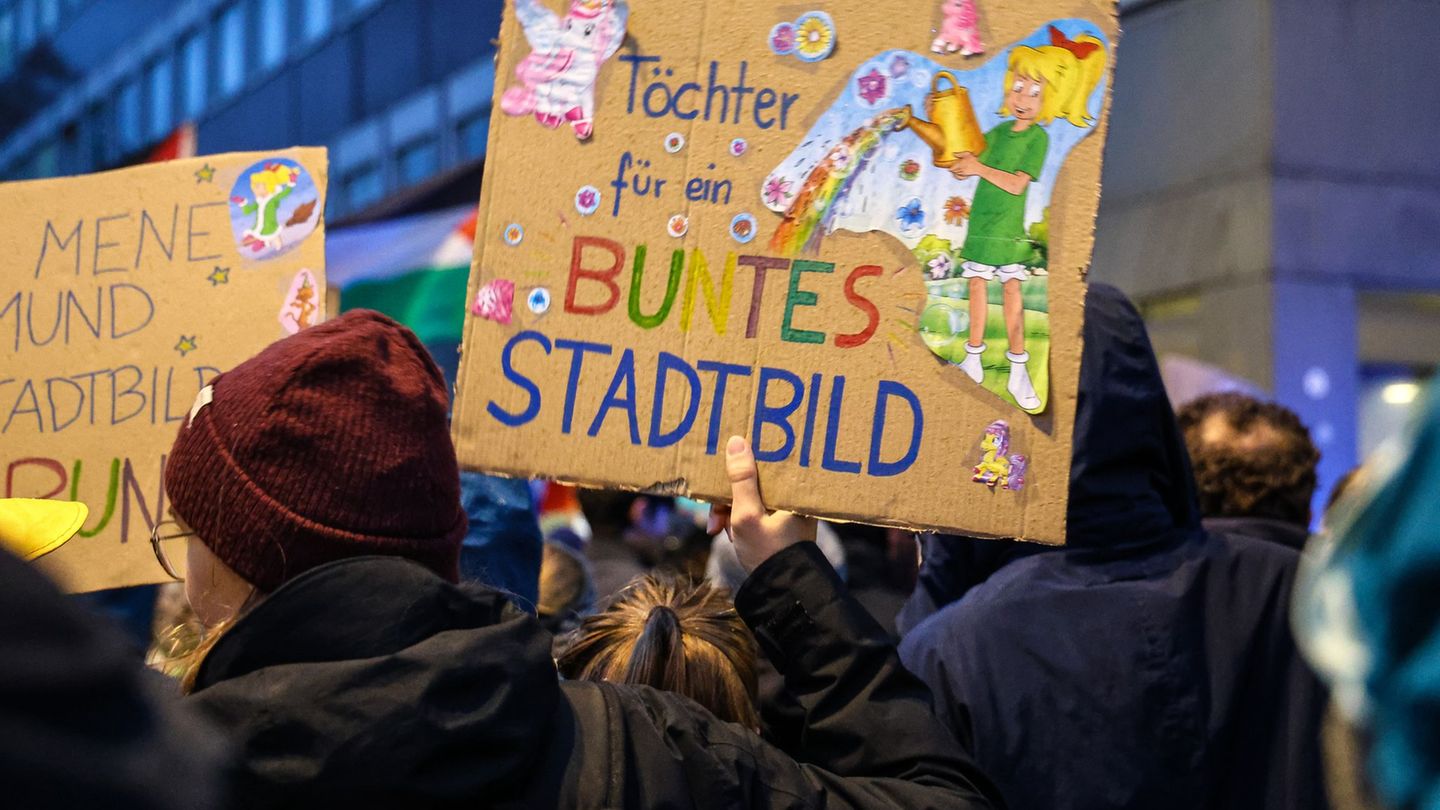He officialism and the dialoguing blocks of the Chamber of Deputies They will seek to issue an opinion on the law today Trade Union Democracy. The bill seeks, among other things, to limit indefinite re-election in unions, eliminate the mandatory solidarity fee and establish a clean record for union members.
CGT march.jpg
The CGT, the CTAs and deputies from UxP and the left were against the project.
Infotruckers
For their part, the members of Union for the Homeland (UxP) and of left-wing parties They presented their own report against the proposals. According to them, the official delegation aims to “destruction of trade unionism“, something that was already expressed in the various meetings that the commission had by the opposition deputies of union extraction Sergio Palazzo, Hugo Yasky, and Mario Manrique.
In addition, during the meeting on Tuesday, the opposition will also propose that the aeronautical unionists to explain about the conflict between the authorities over wage demandsand before the privatization of Aerolíneas Argentinas begins to be debated in a plenary session of committees.
In detail, the projects were presented by Tetaz; Roxana Reyes (UCR); Monica Frade (CC); Luis Picat (UCR); Soledad Carrizo (UCR); Veronica Razzini (Pro); Maria Eugenia Vidal (PRO); Fernando Iglesias (PRO); Ricardo Lopez Murphy (EF), Rodrigo de Loredo (UCR); Gerardo Huesen (LLA) and Gabriel Chumpitaz (PRO), among others.
What does the Trade Union Democracy project say?
The majority report that LLA and the dialogue blocs will promote proposes changes on an issue of extreme sensitivity for the union authorities: prohibits the mandatory discount of solidarity contributions. Thus, the draft of that office establishes that “Contributions may not be required or imposed on workers in a mandatory manner” and that any discount must have the “express authorization of the worker“, which may be revoked at any time by telegram or any other reliable means of communication.
On the financing of unions, the office also seeks prohibit unions from receiving financial aid from employers, national public bodies or foreigners.
Another key point of the project is that it eliminates the possibility of indefinite reelectionas it currently exists, and provides for a single re-election. Thus, the draft details that the “Terms of office may not exceed four yearshaving the right to be re-elected for a new consecutive period of four years. At the end of this period, a period of time interval of a full term to be re-elected.”
martin tetaz.jpg

The Labor Legislation Commission will meet under the presidency of radical deputy Martín Tetaz.
It also establishes direct changes to the management of these bodies, requiring that management be exercised by a body having at least five members. They must be chosen in a way that ensures the will of the majority and minority.
In this sense, it also establishes that They must guarantee minorities in the deliberative and governing bodies when they had obtained the same more than 25% of valid votes issued by its members. Thus, for the deliberative bodies the D’Hont system will be applied, while in the board of directors of the management the winner will have the two thirds and the first minority the remaining third.
Another of the major points of debate is the establishment of the “Clean Record”. Thus, the draft establishes that in order to occupy a position in the leadership, it is not possible to have civil or criminal inhibitions, nor a final criminal convictionunder the same conditions established in current legislation.
In this context, the development of the Clean Record law promoted by the ruling party and dialogue blocs will be key, which establishes that with a second instance conviction one cannot be a candidate for an elective office.
Finally, the office also determines the worker’s free choice of social security, after having complied with three months of permanence in the same since the beginning of the employment relationship. In this regard, the draft specifies that workers “may exercise the right of option, after remaining three months in the Social Work corresponding to the branch of their activity.”
Source: Ambito
I am a 24-year-old writer and journalist who has been working in the news industry for the past two years. I write primarily about market news, so if you’re looking for insights into what’s going on in the stock market or economic indicators, you’ve come to the right place. I also dabble in writing articles on lifestyle trends and pop culture news.




